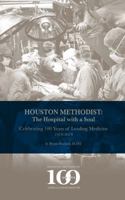You're Better Than That!: Real Talk For Single Ladies Who Want God's Best
Real Talk For Single Ladies Who Want God's Best (Single meaning unmarried even if you are dating or in a relationship). You don't have to settle for less in life The best is yours for the taking In ten short chapters, the author uses real talk with interactive follow through to get to the heart of the issues that you may be dealing with as a single woman today. It's time to shift from what they say to what God has said and to move from focusing on the negative impact of life to the blessed life that God has in store for you Topics Include: Dating, marriage, sex, self-worth, forgiveness, overcoming childhood issues, recovering from traumatic experiences, releasing guilt and shame and exercising your power through everything that life throws your way Read this book and be empowered
Format:Paperback
Language:English
ISBN:0996383387
ISBN13:9780996383387
Release Date:April 2019
Publisher:Diligence Publishing Company
Length:88 Pages
Weight:0.25 lbs.
Dimensions:0.2" x 5.5" x 8.5"
More by Bryant Boutwell
Related Subjects
Ancient Biographical Biographies Biographies & History Biography & History Europe Historical History WorldYou Might Also Enjoy
Customer Reviews
5 customer ratings | 5 reviews
There are currently no reviews. Be the first to review this work.






































